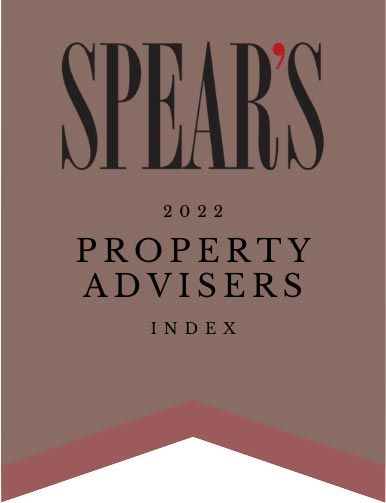The UK buy-to-let mortgage market has always been a popular choice for property investors looking to generate a steady income and build wealth through property ownership. Currently, with some smaller landlords selling up, property prices correcting and mortgage rates beginning to stabilise, now could be a great time to snap up a bargain investment property. But these deals won’t hang around for long, so it’s important that property investors have the funds available to be able to act quickly. This is where bridging loans come in, providing a flexible and accessible source of finance for those looking to invest in the buy-to-let market.
What is a bridging loan?
A bridging loan is a short-term financing option. They are quick to arrange, with the money in your account usually within a few days of your application being submitted, perfect for when you need funds on hand for that bargain property purchase. In addition, they can be an ideal option for those who need quick access to funds to purchase a buy-to-let property, without having to wait for the sale of their existing property to complete, with the bridging loan literally ‘bridging the gap’ between the purchase of one property and the sale of another.
Bridging loans are typically secured against a property and can be used for a variety of purposes, including:
• Purchasing a new property before completing the sale of an existing property
• Funding property refurbishment or renovation work
• Financing auction purchases
• Completing a property purchase quickly
• Paying any additional fees associated with the purchase of a property, such as stamp duty
How can bridging loans help in the buy-to-let market?
The UK buy-to-let market can be a competitive space, and securing the right property at the right price can be challenging. Bridging loans can help investors to move quickly and secure properties before other buyers, potentially at a lower price. They can also be useful for those who need to complete on a property purchase quickly, such as at auction, where funds are needed within a matter of weeks.
Another advantage of bridging loans is that they can be used to finance property refurbishment and renovation work, allowing investors to add value to a property and increase its rental income potential. This can be particularly useful for those who are looking to invest in properties that require some work to bring them up to standard.
Bridging loans are also a flexible financing option, with a range of repayment terms available. This can be useful for those who need to finance a property purchase quickly but do not want to be tied into a long-term mortgage.
What are the risks of bridging loans?
Bridging loans are a short-term line of finance, so borrowers will need to have a clear plan as to how they will repay the loan when the term is up, whether this is through the sale of another property or by remortgaging. Without a clear exit strategy, borrowers are less likely to secure a bridging loan, so this is important. It’s also important to ensure that the investment property has a strong rental income potential – a lender will want proof of this.
In addition, due to the short-term nature of bridging loans, borrowers are charged a higher interest rate than a traditional mortgage, which will be charged daily rather than annually, so it’s in their interest to repay the loan as soon as they can afford to.
As with any type of financing, there are risks associated with bridging loans that investors should be aware of. The main risk is that if the borrower is unable to repay the loan at the end of the term, they may be at risk of losing their property.
Conclusion
The UK buy-to-let market can be a lucrative investment opportunity, but securing the right property at the right price can be challenging. Bridging loans can provide investors with a flexible and accessible source of finance to help them move quickly and secure the properties they want. However, as with any type of financing, it’s important to carefully consider the risks and ensure that there is a clear exit strategy in place to repay the loan.
Please note that the Financial Conduct Authority does not regulate certain aspects of bridging loans and/or finance.
Your home or property may be repossessed if you do not keep up repayments on a mortgage or other debt secured on it.




















